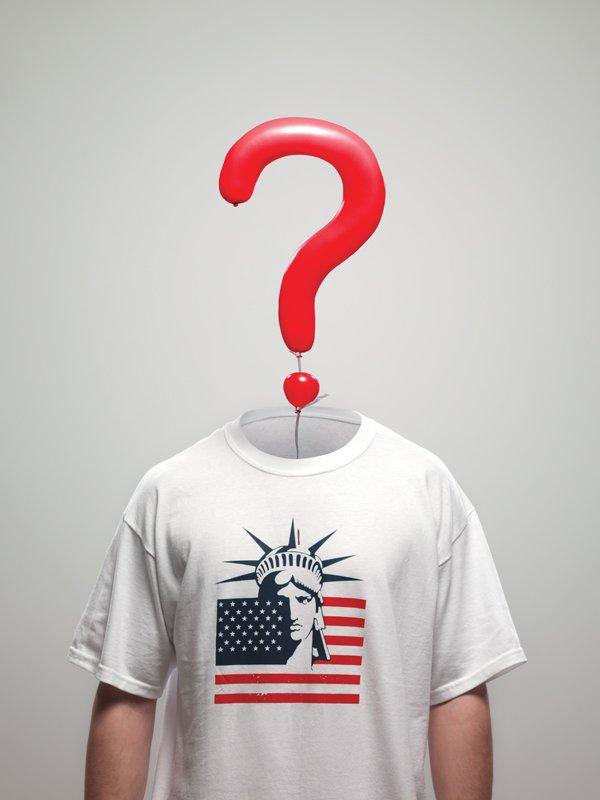India, Italy, Saudi, Colombia, Ethiopia haven’t had a US ambassador for a year or more
Shashi Tharoor, an Indian politician and former United Nations diplomat, recently fulminated on the Biden administration’s seeming insouciance about its lack of an ambassador to India. Mr Tharoor suggested that it showed the US didn’t care enough about India, one of the United States’ most important partners in its strategy to counter China.
Joe Biden has been in the White House two years, he pointed out, and still there is no permanent occupant of Roosevelt House. (That’s the residence of the US ambassador in New Delhi – as an aside, it’s in the showy style that some call Gulfie!)
It’s true that President Biden’s pick for India envoy, former Los Angeles mayor Eric Garcetti, is still being held up by the Senate, more than a year and a half into his nomination.
But Mr Tharoor’s complaint that the stand-off is incomprehensible because the Senate was (and still is, after the November midterms) controlled by the President’s Democrat party, is not wholly accurate.
It is comprehensible if you use a different metric. Namely America’s increasingly politicised confirmation process.
The laggardly pace of ambassadorial appointments is hardly limited to India. A lengthening list of countries haven’t had a US ambassador for a year or more.
Estonia, for instance. Though it has an important role to play during Russia’s war on Ukraine, Estonia hasn’t had a US ambassador for four-and-a-half years.
Ethiopia, Italy, Colombia and Saudi Arabia also haven’t had a US ambassador for a year or more. All of these are important to US interests in disparate ways.
Foreign Policy quotes an unnamed State Department official to say that “the Italians are really pissed” because, like the Indians, they take it as a snub, a sign of not caring enough. Italy, after all, is a major Nato ally.
Unfortunately leaving ambassadorial posts vacant is a dismal trend, according to veteran national security experts . Some have told Foreign Policy that it is a grave and unjustified own-goal in US foreign policy. In an earlier time, it was possible for the US to leave envoy positions vacant for a bit, secure in the knowledge that America ruled the roost. Now, not so much. Remember the catch-up the US had to play with the Solomon Islands, not too long ago?
In fact, China now has more embassies and consulates around the world than the US and for the most part, they are promptly and fully staffed.
Go figure.


